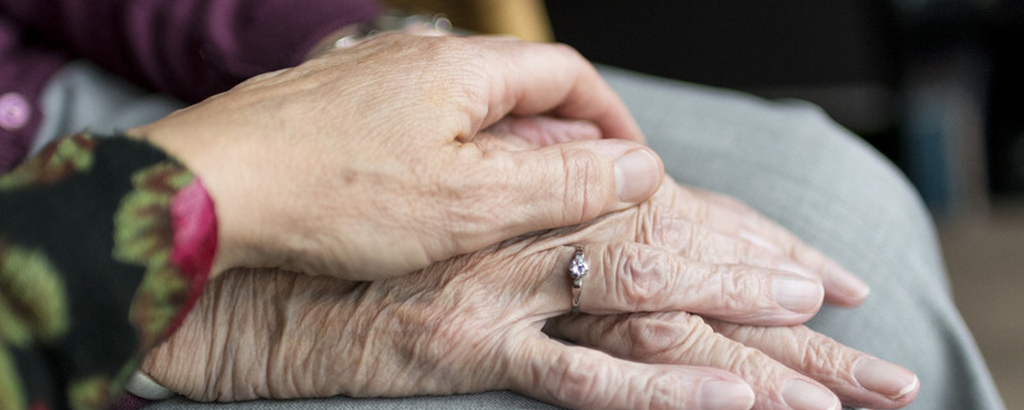
KYC’s AIMS Pilot Program
KYC has received a generous two-year grant from the Weinberg Foundation to implement the AIMS model in partnership with the AMITA Medical Group Internal Medicine practice in Elk Grove Village. The AIMS (Ambulatory Integration of the Medical and Social Model) pilot program seeks to unite social workers and medical primary care teams in the treatment of patients. This integrated approach allows healthcare professionals to more fully understand and acknowledge the ways that psychological and social factors impact physical health and wellness.
Following the AIMS model, a KYC Social Worker will meet with eligible patients within the AMITA Medical Group Internal Medicine practice to identify various needs and address psychological and social considerations that directly link to the patient’s overall health. The social worker and the primary care physician then coordinate to determine a treatment strategy that is tailored to the patient’s needs as a whole.
To understand how the AIMS Model works, here’s an example patient that may come through the program:
Hank is an 85-year-old gentleman living in Elk Grove. He hasn’t been feeling well lately, so he scheduled an appointment with his primary care physician. His doctor quickly realizes that Hank has stopped taking his blood pressure medication regularly, and so his physical health is declining. Hank’s doctor recommends that Hank also meet with the KYC social worker who has partnered with his medical practice. The social worker discovers that Hank’s daughter recently moved away, and so he has now been having difficulty finding transportation. Hank has been feeling increasingly frustrated due to stress and not feeling well, and hasn’t felt up to visiting with his friends. The social worker notes that Hank was starting to show signs of depression.
When Hank’s primary care physician and social worker connect with each other, they get the full picture of Hank’s situation, and can together recommend strategies that are more manageable for him. The social worker makes a referral to Hank for a transportation service, granting him access to his pharmacy once again. Hank’s primary care physician increases his prescription from one month of medication to three, decreasing the number of trips he’ll need to take to the pharmacy. With reliable access to his medication, Hank once again takes it on schedule. He begins to feel less stressed as his physical health improves. With more time to focus on his relationships, Hank’s mood lifts as well. By addressing all of his complex needs, Hank’s overall health greatly improves.
Psychosocial care and physical medical care have often been disconnected from each other. This approach seeks to closely consider all factors that could affect a patient’s health. By integrating the social, functional, environmental, cultural, and psychological factors that impact physical health, the AIMS model can deliver a much more holistic strategy that can ultimately reduce or prevent hospitalization or emergency room visits. KYC’s goal is to sustain avenues that enable us to continue to provide informed, compassionate care to our community members.
Previous Article Next Article

